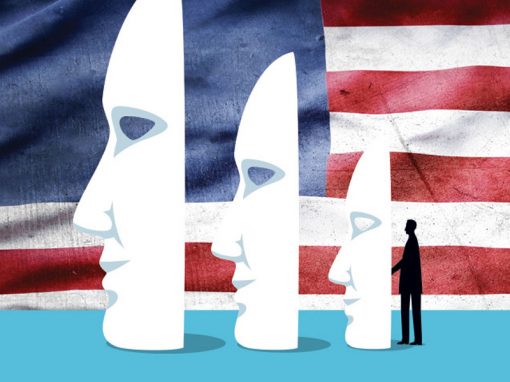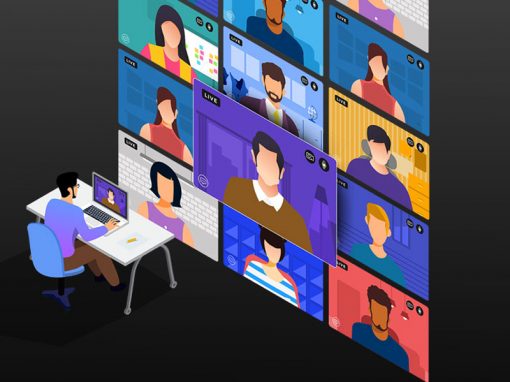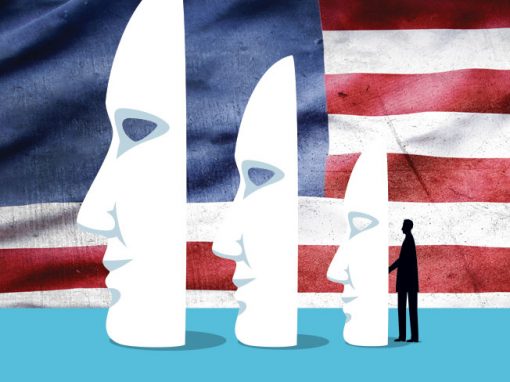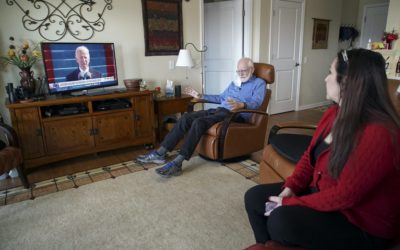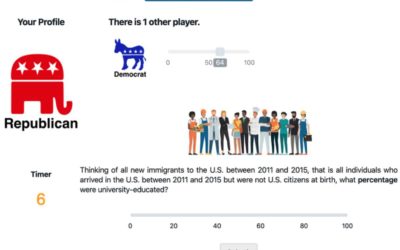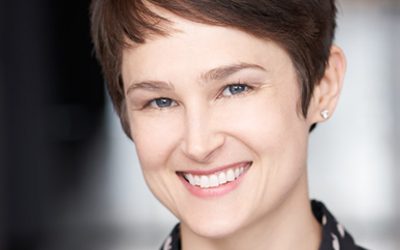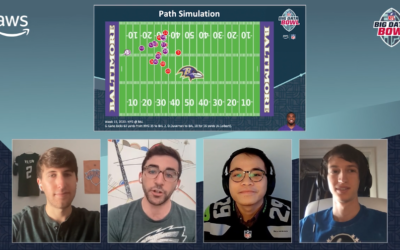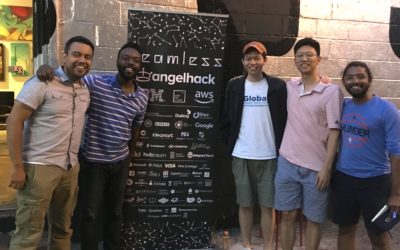Project Ratio
“Fake news,” broadly defined as false or misleading information masquerading as legitimate news, is frequently asserted to be pervasive online with serious consequences for democracy. The rise of fake news highlights the erosion of long-standing institutional bulwarks against misinformation in the internet age. Particularly, since the 2016 US presidential election, the deliberate spread of misinformation on social media has generated extraordinary concern, in large part because of its potential effects on public opinion, political polarization, and ultimately democratic decision making. Inspired by “solution-oriented research”, the project Ratio aims to foster a news ecosystem and culture that values and promotes authenticity and truth.
However, proper understanding of misinformation and its effects requires a much broader view of the problem, encompassing biased and misleading–but not necessarily factually incorrect–information that is routinely produced or amplified by mainstream news organizations. Much remains unknown regarding the vulnerabilities of individuals, institutions, and society to manipulations by malicious actors. Project Ratio measures the origins, nature, and prevalence of misinformation, broadly construed, as well as its impact on democracy. We strive for objective and credible information, providing a first-of-its-kind at scale, real-time, cross-platform mapping of news content, as it moves through the “information funnel,” from news production, through distribution and discovery, consumption, and absorption.
%
Before the 2016 Election
%
After the 2016 election
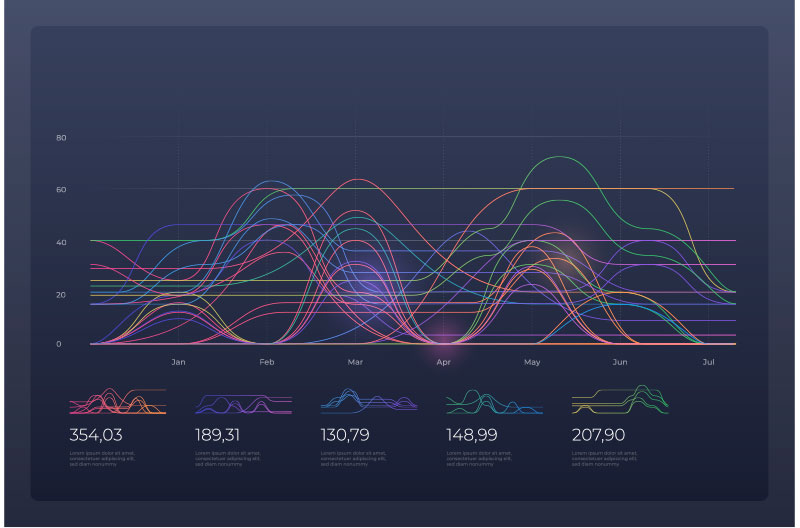
Lorem ipsum dolor sit amet, consectetur adipiscing elit. Aliquam tincidunt nunc ut hendrerit volutpat. Duis auctor scelerisque neque, eget condimentum enim semper vitae.
KEY RESEARCHERS
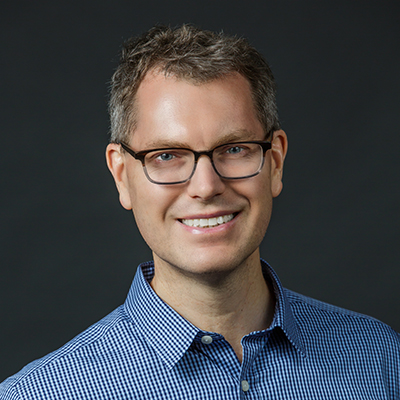
Duncan Watts
Stevens University Professor & twenty-third Penn Integrates Knowledge Professor

David Rothschild
Research Scientist @ Microsoft
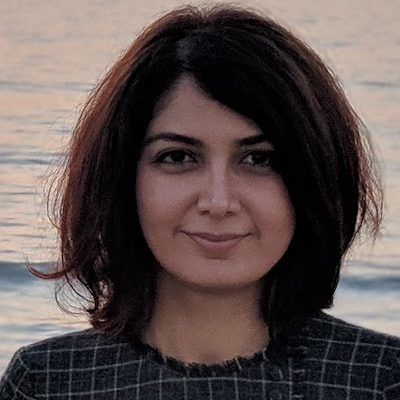
Homa Hosseinmardi
Research Scientist
![]() PUBLICATIONS
PUBLICATIONS
Rebuilding legitimacy in a post-truth age
Duncan J. Watts and David Rothschild.
The current state of public and political discourse is in disarray. Outright fake news stories circulate on social media. The result has been a called a post-truth age, in which evidence, scientific understanding, or even just logical consistency have become increasingly irrelevant to political argumentation.

Don’t blame the election on fake news. Blame it on the media.
Duncan J. Watts and David Rothschild.
Since the 2016 presidential election, an increasingly familiar narrative has emerged concerning the unexpected victory of Donald Trump. Fake news, was amplified on social networks. We believe that the volume of reporting around fake news, and the role of tech companies in disseminating those falsehoods, is both disproportionate to its likely influence in the outcome of the election and diverts attention from the culpability of the mainstream media itself.
The science of fake news
David M. J. Lazer, Matthew A. Baum, Yochai Benkler, Adam J. Berinsky, Kelly M. Greenhill, Filippo Menczer, Miriam J. Metzger, Brendan Nyhan, Gordon Pennycook, David Rothschild, Michael Schudson, Steven A. Sloman, Cass R. Sunstein, Emily A. Thorson, Duncan J. Watts and Jonathan L. Zittrain.
The rise of fake news highlights the erosion of long-standing institutional bulwarks against misinformation in the internet age. We discuss extant social and computer science research regarding belief in fake news and the mechanisms by which it spreads.
![]() DATA
DATA
DATA OVERVIEW
The burgeoning and rise of big data results in salience of the quantity of data, nourishing the soil for qualitative research and analysis, addressing social, economic, cultural and ethical implications and issues of social science. Converging computer science and social science, the project Ratio suggests use-inspired intellectual research style and data-driven methodological directions for computational social science, yielding a diversity of perspectives on explanation, understanding, and prediction of information flow and impact. Collaborating with various data providers, currently including Nielsen, PeakMetric, TVEyes and Harmony Labs, we seek to establish a large-scale data infrastructure for studying the production, distribution, consumption, absorption in the information ecosystem, illuminating each aspect of research on “fake news” in-depth and in-width.
Don’t be too quick to blame social media for America’s polarization – cable news has a bigger effect, study finds
Studies of online echo chambers don’t paint the full picture of Americans’ political segregation. New research shows that the problem is more Fox News Channel and MSNBC than Facebook and Twitter.
TV news top driver of political echo chambers in U.S.
Duncan Watts and colleagues found that 17% of Americans consume television news from partisan left- or right-leaning sources compared to just 4% online. For TV news viewers, this audience segregation tends to last month over month.
Empirica Stories: Experimenting with partisan bots to study political polarization
In this installment of Empirica Stories, we highlight the work of Eaman Jahani and collaborators on their preprint “Exposure to Common Enemies can Increase Political Polarization: Evidence from a Cooperation Experiment with Automated Partisans.”
Ph.D. Student Spotlight: Linnea Gandhi
Kicking off our Ph.D. Student Spotlight series, Summer 2022 features Linnea Gandhi, a rising third-year Ph.D. student taking the lead in the CSSLab’s work on enabling cumulative science.
Researcher Spotlight: James Houghton
As a key figure in the CSSLab’s work on high-throughput virtual lab experiments, post-doctoral researcher James Houghton aims to refocus social science around large-scale, data-driven insights. In this researcher spotlight, he shares about his path to computational social science research, his work at the CSSLab, and the exciting future for his most recent project on small-group deliberation.
End-of-Year Check-In: Celebrating the CSSLab’s Students
The CSSLab’s research assistants and Ph.D. students play a vital role in advancing the Lab’s diverse research projects. As the Spring 2022 semester comes to a close, we would like to highlight and celebrate some of our students’ recent accomplishments, various pathways to the CSSLab, and exciting summer projects.
From Seahawks Fan to 2022 NFL Big Data Bowl Finalist: How American Football Shaped Tai Nguyen’s Journey
Tai Nguyen is a Penn graduate student, research assistant, former IBM data scientist, and a finalist in the NFL Big Data Bowl. Those aren’t bad stats for a bright student who came to America a decade ago by himself with big dreams.
The Data Will Save Us: An Interview with CSSLab Director Duncan Watts
The data will save us. Or at least, that’s the hope of Duncan Watts, whose new initiative, PennMAP, aims to expose bias in journalism by building a huge database of news for researchers and journalism watchdogs to analyze. What’s at stake? Only the future of the free press and perhaps democracy itself.
Navigating the challenges of data-driven research
The CSSLab’s Research Data Engineer, Yingquan Li, offers his perspective on data-driven social science and the challenges facing the new field of CSS.
Applications open: Penn Summer Institute in Computational Social Science
The Penn Summer Institute in Computational Social Science (SICSS-Penn) is open for applications! SICSS-Penn will bring together early-career researchers and provide opportunities for networking with Computational Social Science colleagues, interdisciplinary research collaborations, and guest lectures.
